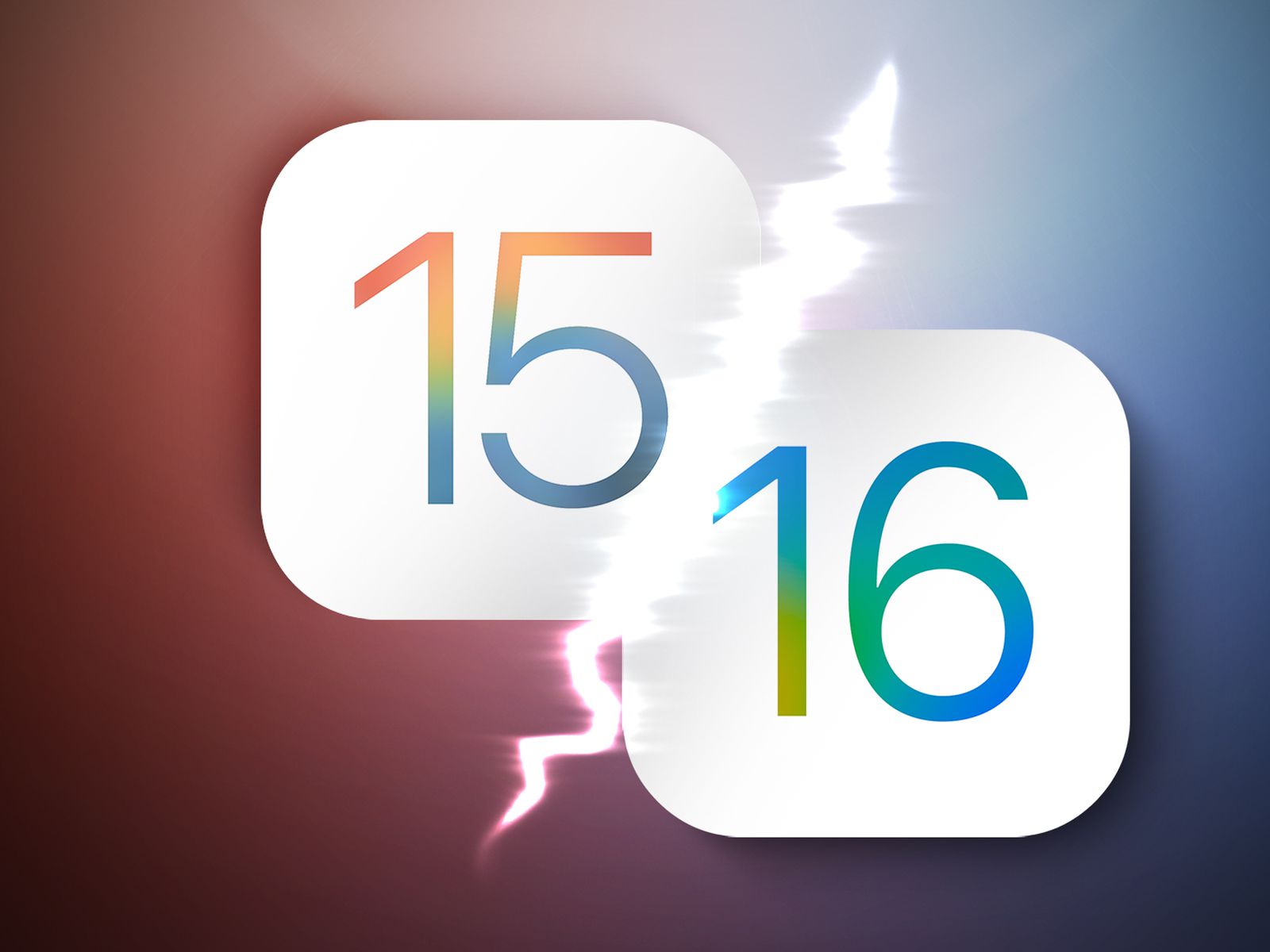
Are you contemplating whether to upgrade your iPhone to the latest iOS version? With the release of iOS 15.7 and the imminent arrival of iOS 16, it’s natural to wonder if you should make the leap. Upgrading your device’s operating system can bring a host of new features, improvements, and enhanced security measures. However, it’s important to evaluate whether the upgrade is worth it for you.
In this article, we will explore the benefits and considerations of upgrading to iOS 15.7 or waiting for iOS 16. We will delve into the exciting features and enhancements that each update offers, discuss compatibility and device requirements, and touch upon any potential issues or drawbacks. Whether you’re an iOS enthusiast or simply looking to optimize your iPhone experience, this guide aims to provide you with the information you need to make an informed decision.
Key Takeaways
- iOS 15.7 and iOS 16 are both significant updates for your iPhone.
- Consider upgrading to iOS 15.7 if stability and bug fixes are your primary concerns.
- If you want to take advantage of the latest features and improvements, consider upgrading to iOS 16.
- Research and assess the compatibility of your iPhone with each iOS version before making a decision.
- Back up your data before upgrading to ensure a smooth transition.
Inside This Article
- The significance of iOS 15.7 and iOS 16 updates
- Factors to consider before upgrading
- Benefits of upgrading to iOS 15.7
- Advantages of upgrading to iOS 16
- Compatibility and device requirements
- How to back up your iPhone before upgrading
- Conclusion
- FAQs
The significance of iOS 15.7 and iOS 16 updates
iOS updates are crucial for enhancing the performance, security, and functionality of your iPhone. Both iOS 15.7 and iOS 16 bring important improvements and new features. iOS 15.7 primarily focuses on stability and bug fixes, providing a smoother user experience. On the other hand, iOS 16 introduces exciting features and enhancements that can enhance your daily tasks and interactions with your device.
Factors to consider before upgrading
Before deciding to upgrade to iOS 15.7 or iOS 16, there are several essential factors to consider. First, assess the compatibility of your iPhone with each version, as older devices may not support the latest iOS updates. Next, research the new features and improvements introduced in both updates and identify which ones are most valuable to you.
Benefits of upgrading to iOS 15.7
iOS 15.7 offers various benefits, including improved stability, enhanced security, and bug fixes. This update ensures a smoother overall user experience by addressing any existing glitches or performance issues. Additionally, iOS 15.7 may introduce new privacy settings and optimizations that enhance the security of your device and data.
Advantages of upgrading to iOS 16
iOS 16 brings exciting new features and improvements. These may include enhanced widgets, multitasking capabilities, redesigned notifications, and improved Siri functionality. Additionally, iOS 16 may introduce performance optimizations and battery life enhancements, making your device more efficient and responsive.
Compatibility and device requirements
Not all iPhones are compatible with the latest iOS updates. Before upgrading, check if your device is supported by iOS 15.7 or iOS 16. Generally, newer iPhone models support the latest updates, while older models may have limitations. Keep in mind that upgrading to a new iOS version may require sufficient free storage space on your device.
How to back up your iPhone before upgrading
Prior to upgrading to iOS 15.7 or iOS 16, it is crucial to back up your iPhone to ensure the safety of your data. You can back up your device using iCloud or iTunes. iCloud allows you to store your data in the cloud, while iTunes enables you to create a local backup on your computer. Choose the method that suits your needs and follow the instructions provided by Apple to create a backup.
Conclusion
In conclusion, upgrading to iOS 15.7 or iOS 16 depends on your specific needs and preferences. If stability and bug fixes are your top concerns, consider upgrading to iOS 15.7. On the other hand, if you desire the latest features and improvements, iOS 16 is worth considering. Research and assess the compatibility of your iPhone with each update, and don’t forget to back up your data before proceeding with the upgrade to ensure a smooth transition.
FAQs
1. Is it necessary to upgrade to the latest iOS version?
While it is not mandatory, upgrading to the latest iOS version ensures that your device is equipped with the latest security patches, bug fixes, and new features.
2. How can I check the compatibility of my iPhone with iOS 15.7 or iOS 16?
You can check the compatibility of your iPhone by visiting Apple’s official website or referring to the device compatibility list provided in the iOS update release notes.
3. Will upgrading to a new iOS version impact my device’s performance?
In some cases, upgrading to a new iOS version may lead to improved performance and efficiency. However, older devices may experience a slight decrease in performance due to increased system requirements.
4. Can I downgrade to a previous iOS version after upgrading?
Apple generally allows downgrading to the previous iOS version for a limited time after an update’s release. However, it is essential to note that not all downgrades are supported, and it is always recommended to consult Apple’s official guidelines before attempting to revert to the previous iOS version.
5. Will upgrading to iOS 16 void my warranty?
Upgrading to a new iOS version does not void your device’s warranty, as it is an official process supported by Apple. However, any modifications or unauthorized changes made to your device’s software may void your warranty.
